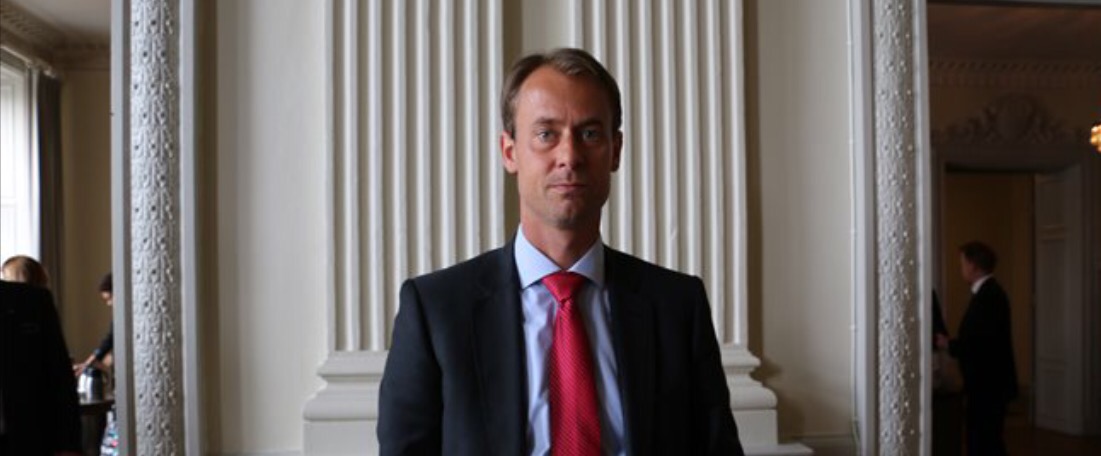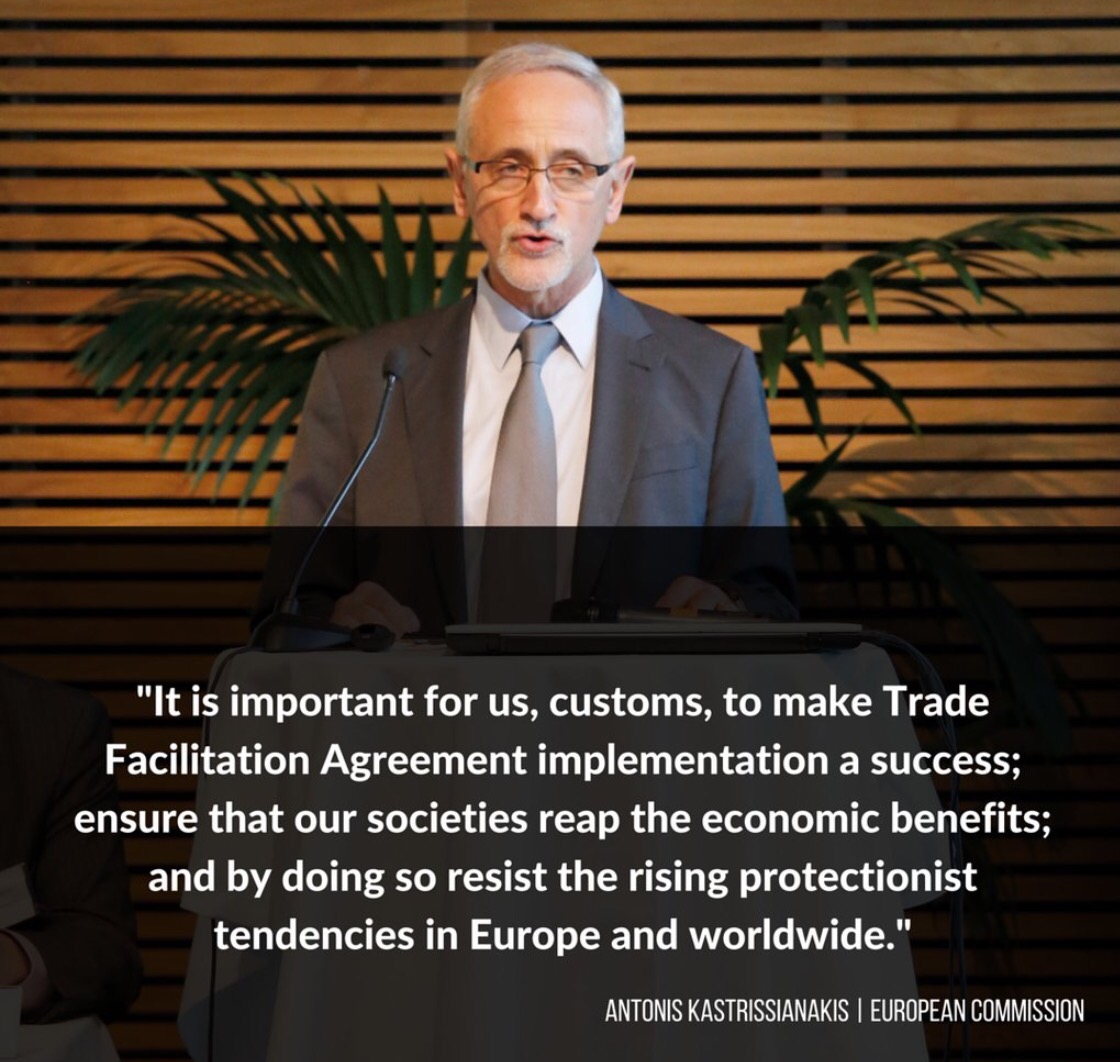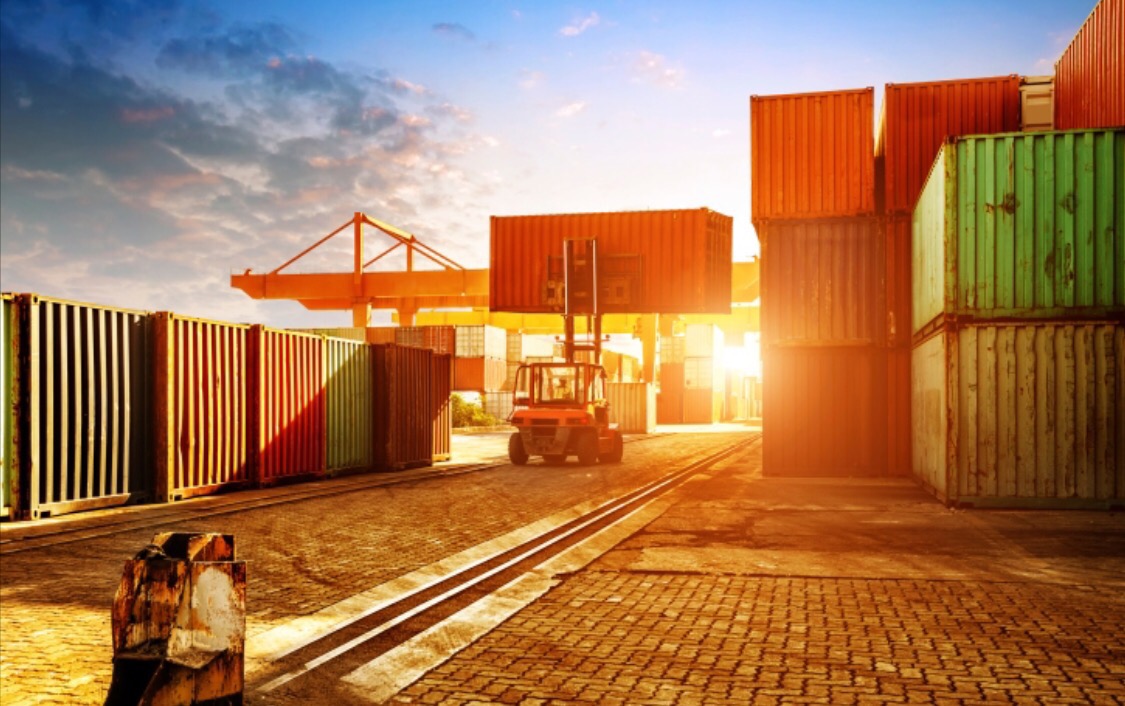Trade Facilitation should be on every agenda
Sweden arranged the 2nd WCO Europe Regional WorkShop on implementation of the WTO Trade Facilitation Agreement in Stockholm this week.
 Joakim Reiter, Deputy Secretary General of UNCTAD spoke at the opening of the workshop
Joakim Reiter, Deputy Secretary General of UNCTAD spoke at the opening of the workshop
During two days Trade Facilitation was in the center of the discussion between representatives from forty countries, European Union, WCO, UNCTAD, WorldBank and a wide range of other organizations.
 Another of the high-level speakers at the Conference was Mr. Antonis Kastrissianakis from the EU Commission, Taxud.
Another of the high-level speakers at the Conference was Mr. Antonis Kastrissianakis from the EU Commission, Taxud.
We know that trade is what develops our societies. There are many examples. Customs and border agencies are vital leaders and key players in how our borders are managed and monitored.
Customs is watching over and controlling our borders while we are sleeping, working and living our lives. Customs are always there to keep us safe, 24/7 all days of the year, decade after decade. And have been for centuries.
So how do we handle the fact that we live in the age of globalization, in a turbolent world of crises?
Just the last decade we have had security crises, safety crises, commodity prize crises, global financial crises, political crises and now a refugee crise. And we we are just in the beginning of this era. There will be more.
The answer is trade facilitation. We need to design, develop and implement smart, risk based systems and programmes to monitor the international trade supply chain in totally new ways. Global trade will bring us together and develop our economies. However it needs to be done in a transparent way where all countries have fair market access. We need to make it work this time.
Like in every development there is (as always) good news and bad news. The bad news is that it will be worse before it gets better.
The good news is that we know how to do it, now we just have to do it on the ground instead of only talking about it. And we will.
The Wall Street fictionary charachter Gordon Gecco (played by Michael Douglas) once said that ‘greed is good’. I think it is not. But Trade Facilitation is.
So it is time to launch a new paradigm, the New Trade Facilitation Model – with responsible simplifications and facilitation systems solving the challanges for all stakeholders.
We have the instruments, we have the experience – today we know how to do efficient capacity building and implementation.
The future belongs to the optimists.


You must be logged in to post a comment.